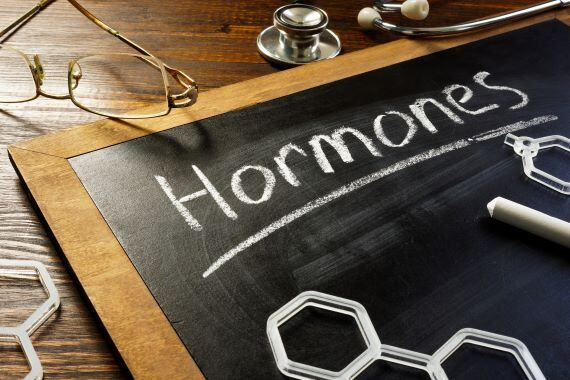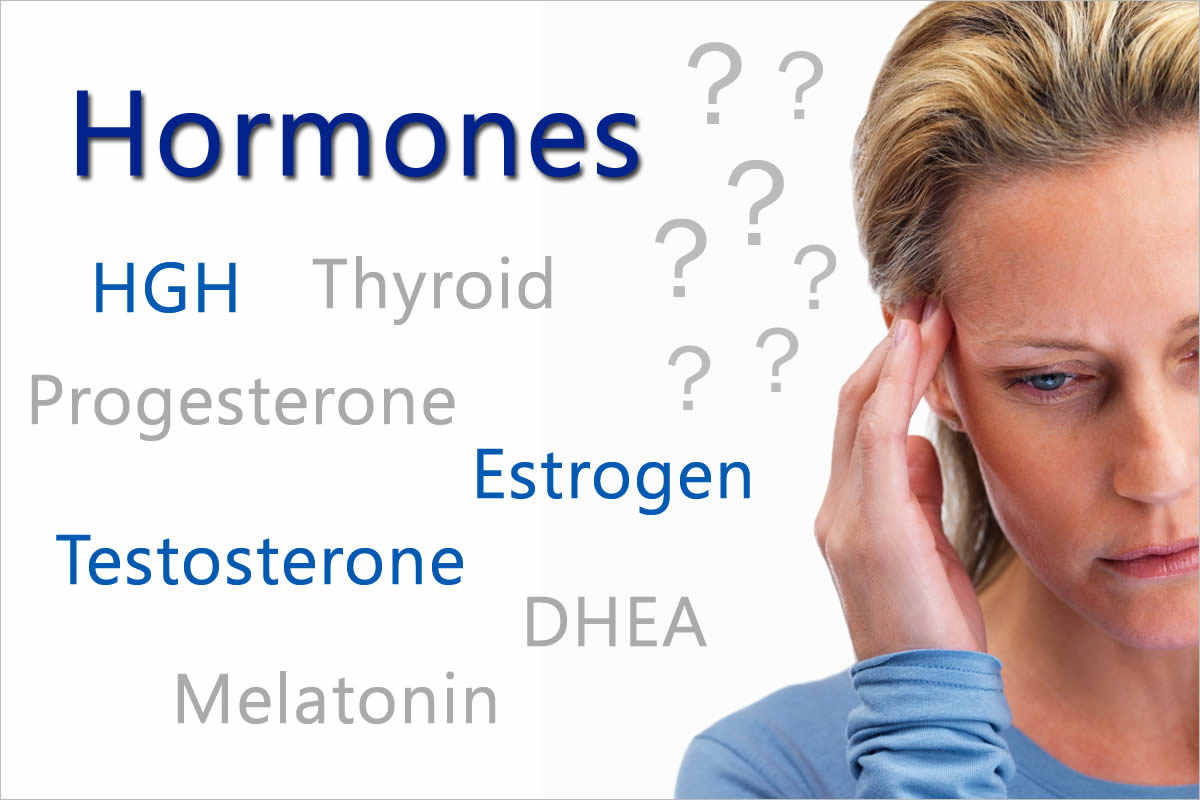
Vitamins for Hormone Balance
As we get older, our hormones begin to change. This can cause a variety of different issues, from mood swings to insomnia, and it can be hard to know where to turn for help. Fortunately, there are certain vitamins that can help support hormone balance. Let’s take a look at some of the best vitamins for managing hormone levels as you age.
Vitamin D3 and Magnesium
Vitamin D3 is one of the most important vitamins for supporting healthy hormone levels. Vitamin D3 helps to regulate calcium absorption in the body, which helps keep your bones strong and healthy. It also helps support a healthy immune system and helps with proper cell growth and development. Magnesium is another vitamin that is essential for proper hormone balance because it can help reduce inflammation in the body. It also helps to relax the muscles so you don’t feel tense or anxious throughout the day.
B Vitamins
B vitamins are an essential part of any wellness routine because they help support normal energy levels and mental clarity throughout the day. B vitamins are especially important for women over 40 because they can help manage stress levels, which can have a big impact on your hormones. B vitamins also help promote healthy skin and hair, which is especially helpful if you’re dealing with hormonal changes that are affecting your appearance.
Zinc and Iron
Zinc and iron are two more essential nutrients that are important for maintaining optimal hormone levels as you age. Zinc helps regulate testosterone levels in both men and women, while iron helps increase hemoglobin production which assists in transporting oxygen through your body more efficiently. Both zinc and iron can also help improve mood by helping your body better cope with stressors throughout the day.
With all of these options available, it's easy to see why taking care of your hormones is so important as you age! Taking the right combination of vitamins every day can make a big difference in how you feel each day. Just make sure you do your research to determine which supplements are best! Whole food supplements, rather than synthetic, and those that have a high absorption rate. A daily regimen of quality supplements tailored specifically for your needs, you will be well on your way towards achieving balanced hormones!

Have you ever felt exhausted, moody, or anxious for no particular reason? If so, you may be experiencing a hormone imbalance. Hormone imbalances can be caused by a variety of factors—including stress and nutritional deficiencies—and the symptoms can range from mild to severe. In this blog post, we’ll discuss how to identify and treat the most common signs and symptoms of hormonal imbalances in women.

Common Symptoms of Hormonal Imbalance
The most commonly experienced symptoms of hormonal imbalance are fatigue, depression/anxiety, low sex drive, weight gain/loss, night sweats/hot flashes, headaches/migraines, irregular menstrual cycles, infertility issues, and decreased muscle strength. If you experience any of these symptoms on a regular basis or they seem to worsen during certain times of the month (e.g., right before your period), it could indicate that your hormones are out of balance.
Treating Hormonal Imbalance
Nutrition plays an important role in balancing hormones naturally; foods like nuts and seeds that are rich in healthy fats can help increase estrogen levels while avoiding processed sugars and unhealthy fats can help keep insulin levels stable which will reduce inflammation throughout the body. Additionally getting enough sleep (ideally 7-9 hours per night) is essential for maintaining good health since sleep helps regulate cortisol (our stress hormone). Exercise is also important since it helps release endorphins which can improve our moods and reduce stress levels. Additionally, reducing exposure to environmental toxins like pesticides or food additives are also very beneficial as these chemicals can interfere with our hormones.
Finally, you can take certain supplements in order to help restore balance in your hormones naturally.
Understanding how our hormones work is essential for keeping them balanced naturally without relying on medications. If you think you might have a hormone imbalance it’s important to address it and find natural ways to bring them back into balance. With a proper treatment plan tailored specifically for your needs you will be able to find relief from the symptoms associated with hormonal imbalances quickly!









